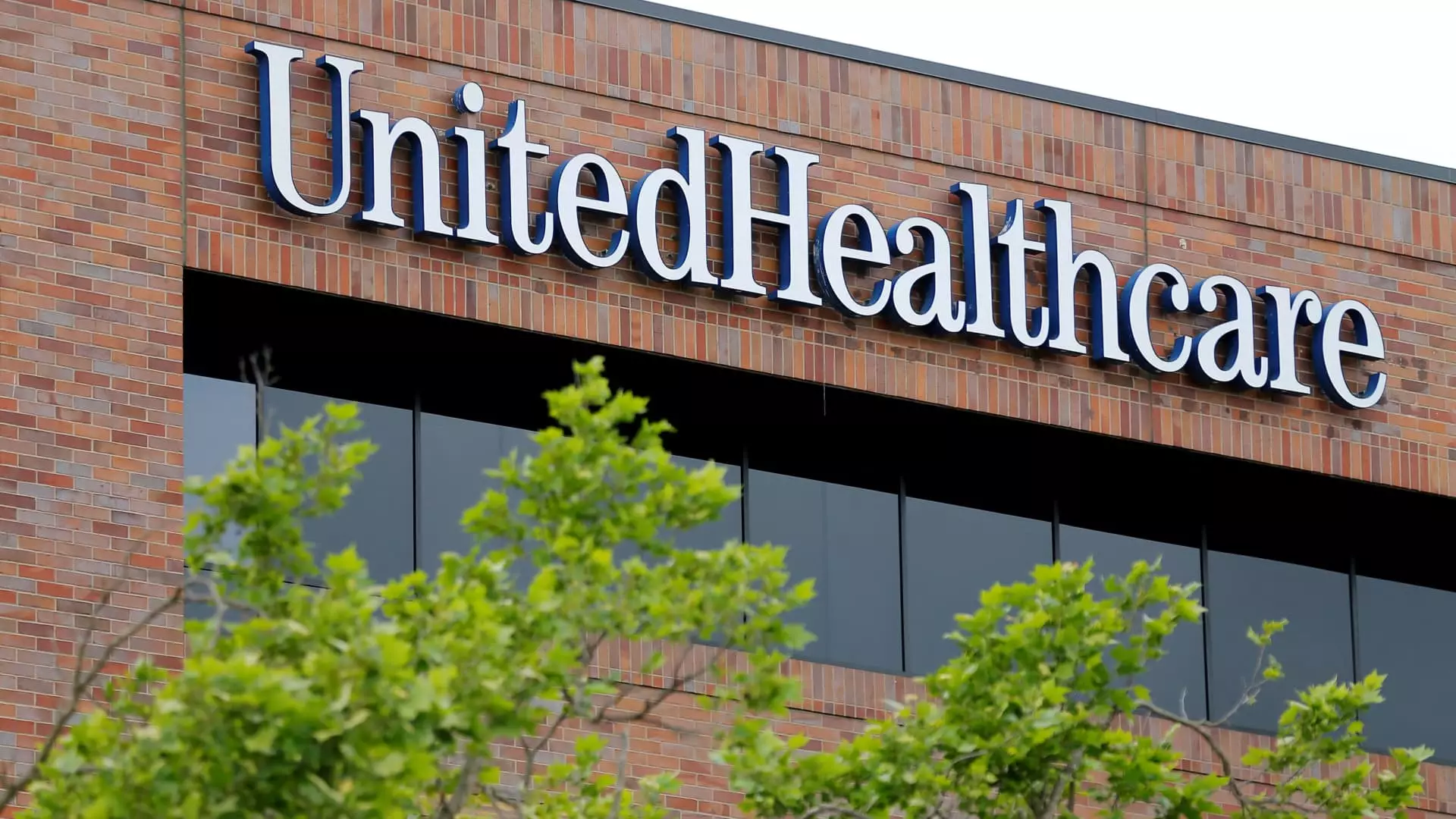In recent weeks, UnitedHealthcare has found itself amid a whirlwind of challenges that compound the difficulties it has faced over the past year. As one of the largest private insurance providers in the United States, the company now grapples with the ramifications of a government investigation into its Medicare billing practices, financial pressures resulting in cost-cutting measures such as employee buyouts, as well as public disputes with high-profile investors. This article will dissect these overlapping crises and the broader implications for UnitedHealth Group, the conglomerate’s parent company, and the healthcare industry at large.
At the forefront of UnitedHealthcare’s current troubles is the civil fraud investigation launched by the U.S. Department of Justice (DOJ). This inquiry centers around the company’s billing practices for its Medicare Advantage plans, specifically focusing on potential misdiagnoses intended to secure additional payments from Medicare. The Wall Street Journal’s reporting revealed that these practices could have cost taxpayers billions, propagating questions about the integrity of UnitedHealthcare’s operations.
Medicare Advantage plans, which are managed by private insurers, are instrumental in providing additional benefits to seniors. However, they have also been linked to rising medical costs and questionable billing methods across the health insurance landscape. UnitedHealthcare has attempted to counter these allegations by labeling them as “misinformation,” asserting that it adheres to the highest compliance standards. Despite these denials, the seriousness of the DOJ inquiry raises concerns about the future of the company’s Medicare offerings and could lead to heightened regulatory scrutiny for the insurance industry as a whole.
The fallout from the investigation has already manifested in the stock market, where shares of UnitedHealth Group plummeted approximately 23% within a three-month span. Following the publication of the DOJ’s scrutiny, the stock experienced a further 9% decline in a single day—underscoring how investor sentiment can shift dramatically in the face of legal challenges. Financial analysts, such as those from RBC Capital Markets, have characterized the inquiry as a long-term issue rather than an immediate financial threat. However, uncertainty looms large as UnitedHealthcare attempts to assuage concerns from shareholders and bolster its public image.
This ongoing investigation comes at a time when UnitedHealthcare faces additional pressures, reflecting not only on its financial bottom line but also on the overall perception of its reliability and governance. Given that UnitedHealth Group is the largest healthcare conglomerate in the U.S. based on revenue, any disruptions—be it legal troubles or stock depreciation—echo across the entire health insurance sector.
Amidst this storm of challenges, UnitedHealthcare has instigated a strategy of cost-cutting that includes offering buyouts to employees and the possibility of layoffs if voluntary resignations do not meet a predetermined quota. These measures are part of a broader effort to streamline operations and reduce expenses, particularly through leveraging technological advancements. The company’s initiatives suggest a critical need to maintain profitability while simultaneously navigating ongoing investigations.
This strategy, however, could impact employee morale and customer service levels if layoffs proceed. Employees at all levels may experience heightened anxiety about job security in an environment already fraught with uncertainty due to legal and financial challenges. The loss of experienced staff could further exacerbate the situation, leading to potential breakdowns in service delivery just as the company attempts to stabilize its operations.
The insurance giant’s troubles have reached beyond fiscal and regulatory concerns, entering the realm of public relations that has attracted the scrutiny of prominent investors like Bill Ackman. After publicly supporting a doctor embroiled in a controversial dispute with UnitedHealthcare—regarding alleged administrative overreaches in denying medically necessary care—Ackman’s involvement has only amplified the company’s PR challenges. The subsequent controversy sparked discussions about the ethical landscapes of healthcare insurance and the accountability of insurers.
As calls for reform mount in the aftermath of this public clash, it becomes increasingly evident that UnitedHealthcare must address not only institutional practices but also public perceptions if it hopes to restore trust among consumers and stakeholders.
UnitedHealthcare is at a critical crossroads, facing an alarming array of challenges that potentially threaten its market position and operational integrity. The ongoing DOJ investigation, declining stock values, employee cutbacks, and public relations controversies have converged to create a precarious situation for one of the largest private insurers in the nation. How UnitedHealthcare navigates this tumultuous landscape will likely impact not only its corporate future but also the broader healthcare industry that depends on the principles of transparency, fairness, and patient-centered care. The path ahead is riddled with uncertainty, but the stakes for UnitedHealthcare, its employees, and the millions of Americans it serves could not be higher.

